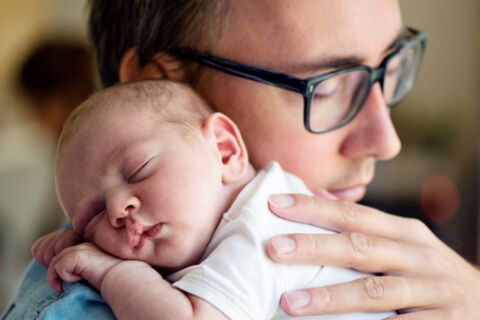
Best therapy options for children and adolescents with cancer
The small number of children and adolescents with cancer compared to the number of adult cancer patients means it is less attractive for the pharmaceutical industry to develop and market specific drugs for this group of patients. That is why most of the drugs used to treat children and adolescents with cancer are actually only approved for adults. However, since using such drugs in what is referred to as off-label use does not fall under the official indications, health insurance companies are not always obliged to cover the costs. As a result, paediatric oncologists and parents are reporting more and more cases of health insurance companies refusing to pay for vital medication. This uncertain situation puts a double burden on the parents: on the one hand, they cannot always finance the treatment costs themselves, and, on the other, they cannot with any certainty know their child will have access to the best therapy options.
This is why Childhood Cancer Switzerland campaigns actively at federal level for specific measures to improve the coverage of the costs of medicines for children with cancer. With the help of the National Council’s Committee for Social Security and Health, we succeeded in convincing the Federal Council to specifically evaluate the situation in the field of paediatric oncology and to have a report drawn up.
The Swiss Federal Department of Home Affairs, which was commissioned by the Federal Council with the evaluation and report, has now confirmed that the results will be available in the first half of 2022. In order to better assess the situation in the field of paediatric oncology, an external office was set up in September 2021 to conduct interviews with paediatric oncologists from all over Switzerland. Childhood Cancer Switzerland was able to contribute to the definition of the main topics as well as to the selection of the experts. Most interviews have already taken place.
We hope that the report will help to highlight the difficult situation of paediatric oncology and find solutions to sustainably improve the situation of those affected in this field.